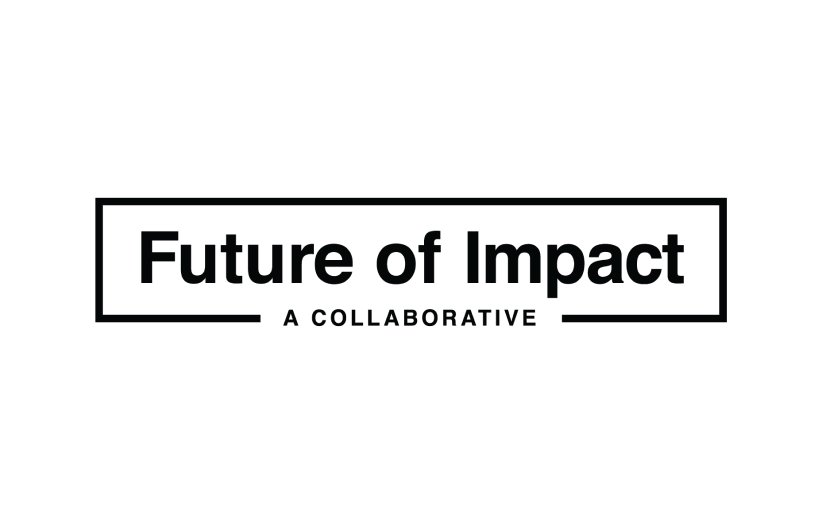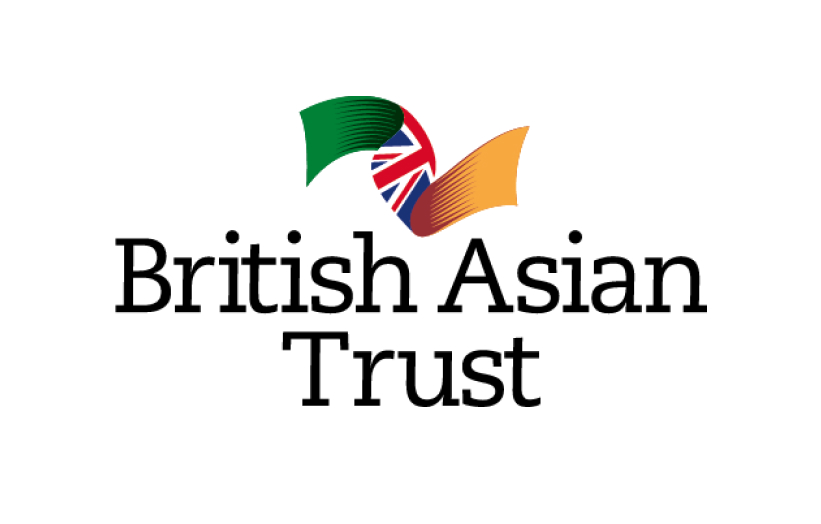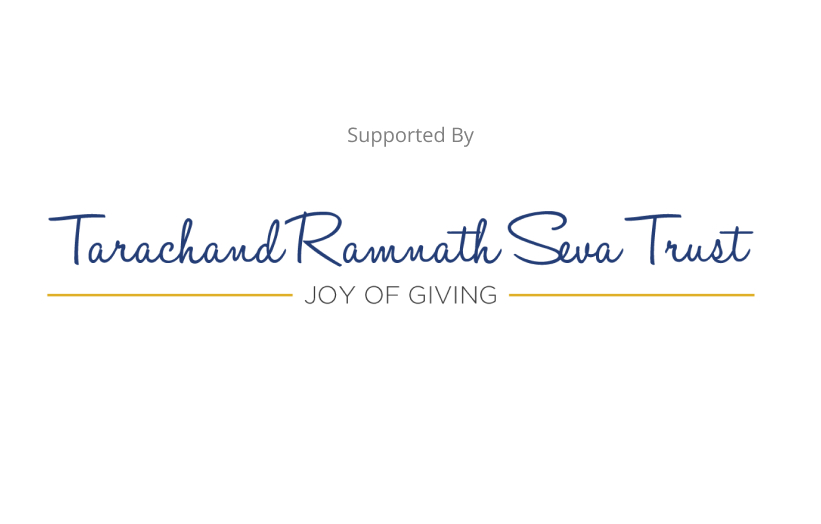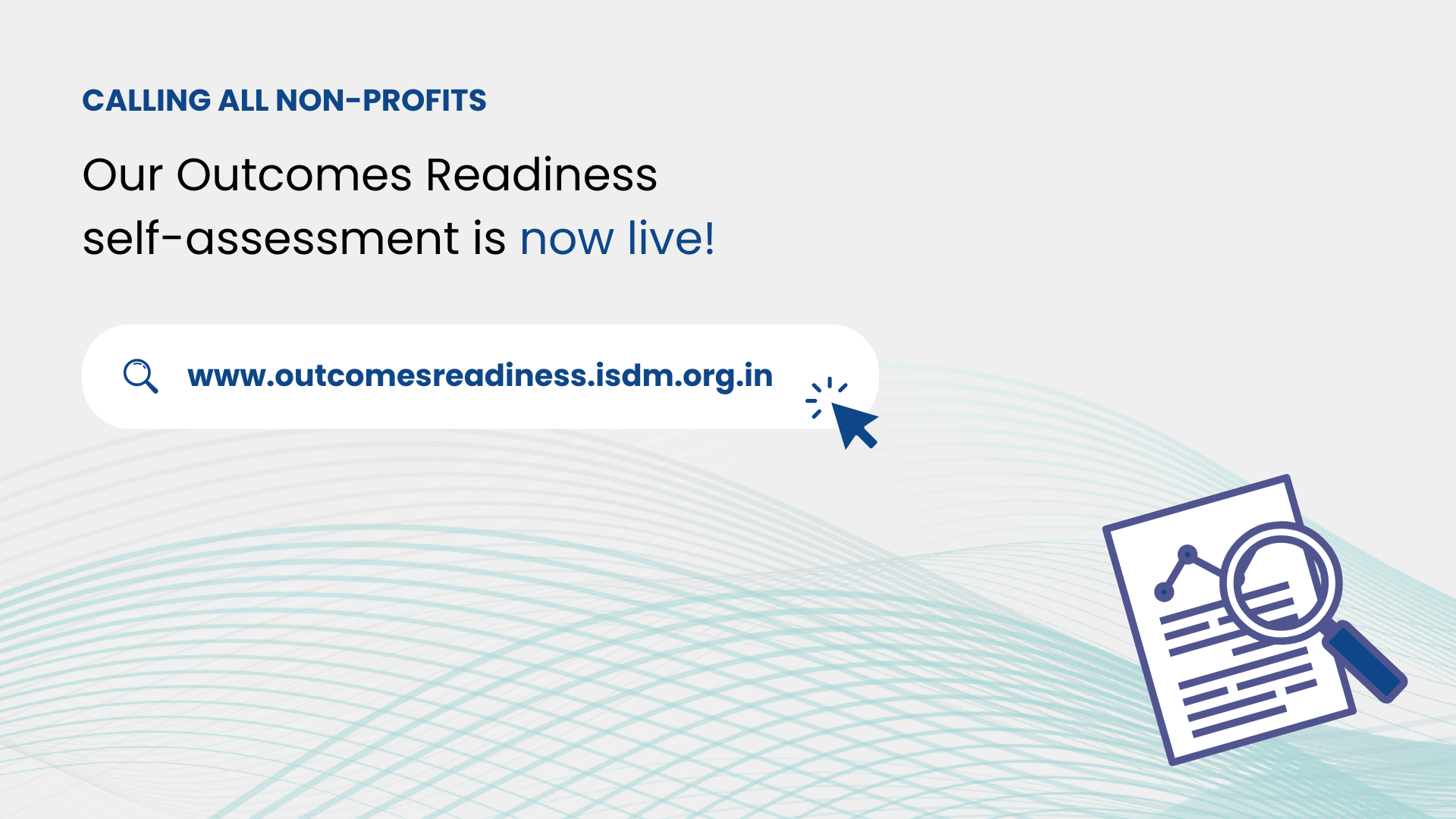The Lab is a collaborative hub where we partner with funders, intermediaries, and volunteers to drive experimentation, foster innovative models, enhance organisational development resources, and develop human capital, all aimed at building the capacity of NGOs across India.
I. Test concepts and innovative models of capacity building
Experiment and validate innovative models, paving the way for effective, scalable approaches to boost organisational capacity for diverse NGOs.
II. Build resources, tools, templates and content in multiple Languages
Establish a dual-language repository with resources, tools, templates, and content for increased accessibility and inclusivity in the social sector.
III. Enhanced Accessibility to Capacity Building for underserved NGOs
Bridge accessibility gaps for NGOs, ensuring equal opportunities for growth by facilitating access to capacity-building resources.
IV. Boost impact through skilled volunteering
Connect skilled volunteers with NGOs, leveraging specialised expertise to enhance capabilities and amplify community impact.
It comprises of eight distinct projects from our current and past work, each uniquely tailored to achieve specific outcomes. Designed and implemented in close collaboration with external stakeholders, the Lab currently hosts five active projects.
The following summary highlights achieved outcomes, identified gaps, and our collaborative journey with partners.
1. Future of Impact Collaborative
At the start of the Covid-19 crisis, Atma convened the Future of Impact Collaborative in collaboration with other sector intermediaries. The objective of the Collab was to enable information sharing and provide NGOs with tools to respond speedily to the unfolding crisis.
The FOI Collaborative bought together social sector intermediaries from diverse areas of expertise to ensure that NGOs across the country have access to a support network.

The FOI 1.0 conducted 4 quarterly Conferences, 7 monthly Masterclasses and 138 Individual Mentorships impacting 700+ organisations across India.
Based on the positive feedback and success of the FOI 1.0 Collaborative, FO1 2.0 was designed.Future of Impact Collaborative (FOI) 2.0 is designed as an ecosystem-level collaborative supporting grassroots NGOs and has come up with the Common Minimum Programme.
The Common Minimum Programme will focus on building ‘common minimum capacities’, i.e. the most critical organisational capacities needed to thrive in the social sector in the country.
The programme will focus on:
Strengthen financial planning & management systems
Strengthen programme design and delivery
Attract and manage talent
Be more effective at fundraising
Establish a digital presence
The programme is bought to you with the support of Atma, Forbes Foundation, A.T.E. Chandra Foundation, SVP, Sahayog and Sattva Consulting.
2. Community Connections India
Across India, NGOs face a challenge to assemble their Boards with the right experts to guide their strategic growth. This led Atma to partner with Credit Suisse for the Community Connections India (CCI). Through CCI, senior employees of Credit Suisse (CS) at the managing director and director levels are connected with NGOs across India for strategic advisory projects.

CCI provides the NGOs and CS senior employees an opportunity to engage with each other and build potentially lasting networks.
In the last 4 cycles, the CCI programme has engaged 102 Credit Suisse Directors, 49 NGOs and completed 52 Projects. We are currently working on Cycle 5 of the programme.
3. Outcomes Readiness
The Outcomes Readiness programme in partnership with the British Asian Trust.
A capacity-building programme to enable and empower Indian non-profits to shift from input-based approaches to outcomes-focused, data-driven approaches and thereby unlock the potential of outcome-based financing for them.

The Challenge
In the development sector, traditional funding and delivery models primarily focus on measuring inputs and activities i.e., what are we doing rather than outcomes i.e., what are we achieving? However, in recent times, there is a growing realization and demand from donors to ‘spend better’ and support programmes focused on outcomes.
The growing evidence from outcomes-based financing models like the Quality Education India Development Impact Bond is also encouraging more donors to explore these models. However, many non-profits lack the necessary resources, skill sets, or networks to drive this approach at the project and organisation level. Thus, it is critical to support non-profits with the right capacity-building tools and resources to help drive better outcomes in the future.
The Solution
In 2020, the British Asian Trust (BAT) in collaboration with Atma, initiated the Outcomes Readiness programme to provide capacity-building support to non-profits and drive the shift from output-based approaches to outcomes-focused, data-driven approaches. Over a duration of 2 years, BAT and Atma will be working with two non-profits to build organizational capacities and systems that can allow them to deliver, measure and contract for outcomes in future through one-on-one consultations, masterclasses and workshops.
Participants in the first cohort
Sesame Workshop - India and Sols ARC have been selected as the participants of the first cohort of the programme. Both are promising education non-profits with strong experience in implementing interventions that aim to improve learning among children.
4. TaRa AtmaNirbhar Grant
Atma has partnered with Tarachand Ramnath Seva Trust (TRST) to design an innovative grant which not only funds NGO programmes but instead builds capabilities in them which will last longer. The grant is called the “TaRa AtmaNirbhar Grant” and will be rewarded to the most deserving NGOs in Pune.
The grant will be to catalyse the self-sufficiency of 7 high potential NGOs in Pune on the occasion of India’s independence.

The TaRa AtmaNirbhar Grant is a programme that provides customised organisational development (OD) support worth INR 2.5 lakhs and an additional, unrestricted fund of INR 2.5 lakhs. Last year, through this grant, seven NGOs were able to improve their knowledge, skills and processes in at least three OD areas. The programme enables leaders to accelerate their organisational growth to deliver greater impact.
This is an initiative of Tarachand Ramnath Seva Trust (The TaRa Trust) in collaboration with TBL Consultancy Services. Atma is the implementing and capacity-building partner in this grant.
To view our Cohort 1 organisations, click here.
To view our Cohort 2 organisation list, click here.
5. Atma-EY Volunteer Engagement Programme
Most NGOs operate in a resource constrained environment where they aim to get a lot done with small teams.

Volunteering is a source of great leverage for any non-profit, allowing them to access high quality talent pro bono. The Atma Foundation in collaboration with EY Global Delivery Services (EY GDS) aims to drive high scale and high impact programs that will support NGOs achieve their organizational goals.
Through this programme, EY GDS volunteers would support participating NGOs on knowledge enhancement, skill building, system and process creation along with programme delivery through a variety of formats (mentorships, workshops, project-based support and short term volunteering). You can contact us by writing to [email protected].
6. Atma Network
Atma has worked with NGOs across India for more than 13 years. With our expertise, we have been able to build a comprehensive library of resources under the Atma Network umbrella to help NGOs irrespective of sector or geography.

The Atma Network is a platform for entrepreneurs starting and scaling social enterprises or NGOs. Entrepreneurs can access Atma Network’s sizeable collection of user-friendly resources which are categorised as:
Tools (templates, checklists, worksheets, surveys, and assessments)
Reading material (content compiled by expert sources)
Best practices & real-life examples
Evidence-based assessments
How-To guides
Videos
In case you are interested to know more about the Atma Network, contact [email protected].
7. Social Stock Exchange Guidebook
The SSE Guidebook is designed to help NPOs navigate the Social Stock Exchange (SSE) listing process with ease. It offers a structured approach, including key steps for registration, required documentation, expert recommendations and access to essential templates and resources.

Inside, you'll find:
A simplified breakdown of the listing process
Checklists for each stage of registration
Insights from listed NPOs and SSE experts
Templates for fundraising documents and compliance requirements
A glossary of key terms for better understanding
Download the guidebook today and take the first step toward SSE listing by clicking here.
8. Outcomes Readiness Self Assessment
If you’re a non-profit curious about whether outcomes-based financing (OBF) is for you, fill out the self-assessment and gain access to curated insights, guidance and resources to support your OBF journey!

Brought to you by the British Asian Trust, Indian School of Development Management (ISDM) and Atma – An Accelerator for NGOs, with support from 360 ONE Foundation.
NOW LIVE: We invite you to take our online self-assessment to define, measure and enhance your readiness for outcomes-based finance: